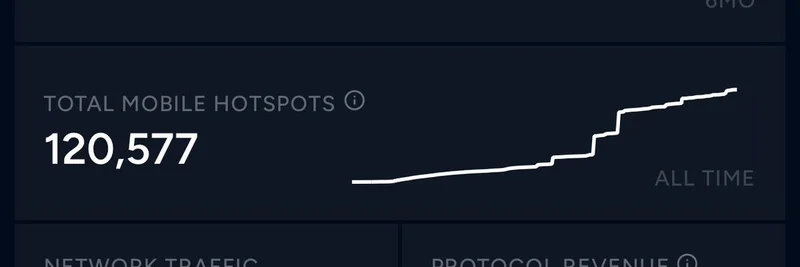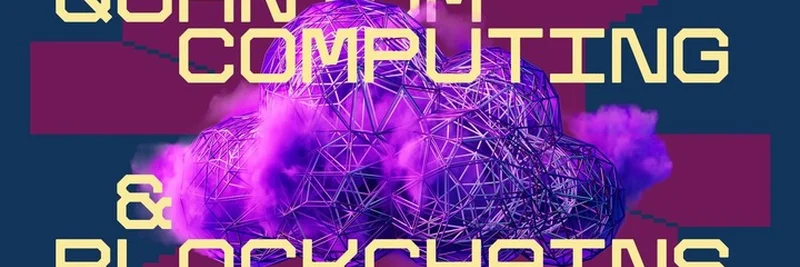In the ever-evolving world of cryptocurrency, a recent tweet from Hitesh Malviya (@hmalviya9) has sparked renewed interest in the delicate balance between freedom and privacy. As someone who's been deep in the crypto trenches, I can tell you this isn't just another post—it's a call to action that resonates especially with the meme token community.
Hitesh eloquently points out that while freedom in crypto—think creating markets, trading, and transacting without borders—has stolen the spotlight, privacy has been quietly sidelined. But as freedom grew, it attracted unwanted attention from regulators, who saw it as a playground for scams. Their solution? New rules that could choke out privacy altogether.
The Cypherpunk Revival
Remember the cypherpunks? They're the original rebels of the digital age, advocating for privacy through cryptography. Hitesh reminds us that their "old chant" is making a comeback, urging a new generation to prioritize privacy. This isn't about hiding shady dealings; it's about protecting your right to financial autonomy without Big Brother watching every move.
In the tweet, Hitesh shouts out $ZEC (Zcash), a privacy-focused coin that's been championing shielded transactions since 2016. Zcash uses zero-knowledge proofs—fancy tech that lets you prove a transaction is valid without revealing details like amounts or addresses. Simple enough: it's like showing your ID without handing over your wallet.
Why This Matters for Meme Tokens
Now, you might be wondering, what does this have to do with meme tokens? Well, meme coins like Dogecoin or newer pups on Solana thrive on community hype, viral marketing, and quick trades. But without privacy, every wallet move is public on the blockchain. Imagine regulators cracking down on "speculative" meme trading by tracking your every buy and sell—that could kill the fun and freedom that makes memes so addictive.
Privacy tools can change that. Integrating Zcash-like features into meme ecosystems could allow anonymous contributions to community funds, private DAO votes, or even shielded giveaways. Projects like Monero and Secret Network are already paving the way, and meme devs are starting to take notes. It's about evolving from pure hype to smart, secure fun.
Joining the Privacy Movement
Hitesh's advice is spot on: don't get lost in the charts. Use privacy-focused tools, join those communities, and spread the word. For meme insiders, this means scouting tokens with privacy baked in or advocating for upgrades in your favorites. Tools like Tornado Cash (before its regulatory woes) showed the power of mixing transactions for anonymity—lessons we can apply today with caution.
As regulations tighten—think MiCA in Europe or SEC moves in the US—privacy isn't a luxury; it's survival. Stablecoins might seem safe, but they often come with KYC strings attached, trading freedom for faux security.
Looking Ahead
The awakening is here, as Hitesh says. For meme token enthusiasts, embracing privacy could spark the next wave of innovation, blending humor with hardcore tech. Whether you're a builder, trader, or just in it for the lols, remember: true crypto freedom includes the right to privacy. Let's make the Zcash movement bigger, one meme at a time.
Stay tuned to Meme Insider for more on how tech trends like this are shaking up the meme token scene. What's your take on privacy in crypto? Drop a comment below!



